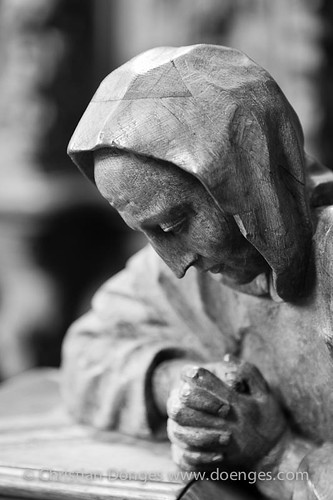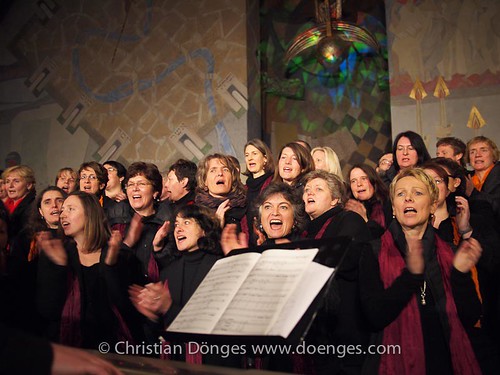In 1969 a band called The Winstons published a single with a B side “Amen, Brother” that contains a 6 second break beat (break, for short). This break was picked up by early sampling artists in the 1980s and has become the cornerstone of drum-and-bass and jungle music. Think about that: a 6 second break spawns two (and probably counting) musical genres.
Here’s a video that provides an excellent narration of the history of the break:
The author of the video makes the point that if 6 seconds of music lead to entire music subcultures, what does that say about sharing, remixing, and reusing in the process of creating culture?
I would argue that the process of taking inspiration from and even parts of an existing work of art and turning that into a new work of art has been accepted practice for all of known human history excepting the last few decades. What has changed recently is the attitude that ideas and art are property and they can be owned and controlled like physical property. In fact, in western industrialized nations, intellectual property can even be inherited, just like physical property.
I think there is a strong correlation between the rise of media companies and the ever-more restricting and restrictive terms of copyright laws (to users, that is). I also think that the legal framework provided by copyright makes it ever harder for society to use artifacts that constitute our shared culture without paying a tax to the copyright holder. This will make it harder and harder for society to profit from the technological advances given to us by the digital revolution.
For example, few people would disagree that Mickey Mouse is part of contemporary culture and has been for at least a generation. However, if you try to create new art based on Mickey Mouse, you will likely get sued in a big way by Disney Corp., the copyright holder, despite the fact that Walt Disney, the original creator, has been dead for quite a while now.
Personally, I believe this makes our society poorer. I believe that while it is right that the creator of a work (artist) should be allowed to profit from his efforts, it is not right for a corporation or even the heirs of the artist to hold on to all rights to a work for 70+ years after the creator has died. I am not sure that even the creator of a work should have all rights to a work for his/her entire life.
That said, until they are changed, the laws are what they are and we had better obey them or be prepared to pay the price.
Enter the Creative Commons (CC) which are a license based upon the existing copyright laws. Basically, the CC allow the copyright holder to allow certain uses of the work while holding on to copyright. It is possible to restrict commercial use (without an additional license), prevent modification, or require attribution of the original creator. A really nice video with an overview is here.
As opposed to what some ill-informed publish on the internet, the CC license is not mandatory socialism. It does not take away from the creator. What is does is it provides a legal framework that makes it possible to allow use of a work in a way the creator deems beneficial to society and not harmful to the creators business interests.
For example: as a photographer, I can release a photograph under a BY-NC-SA license meaning it may be used non-commercially, providing I am given credit and the new work is released under the same (or compatible) licensing terms. If I don’t want my images to be changed in any way, a BY-NC-ND license will allow non-commercial use providing I am credited and the image remains unchanged.
Am I giving anything away?






